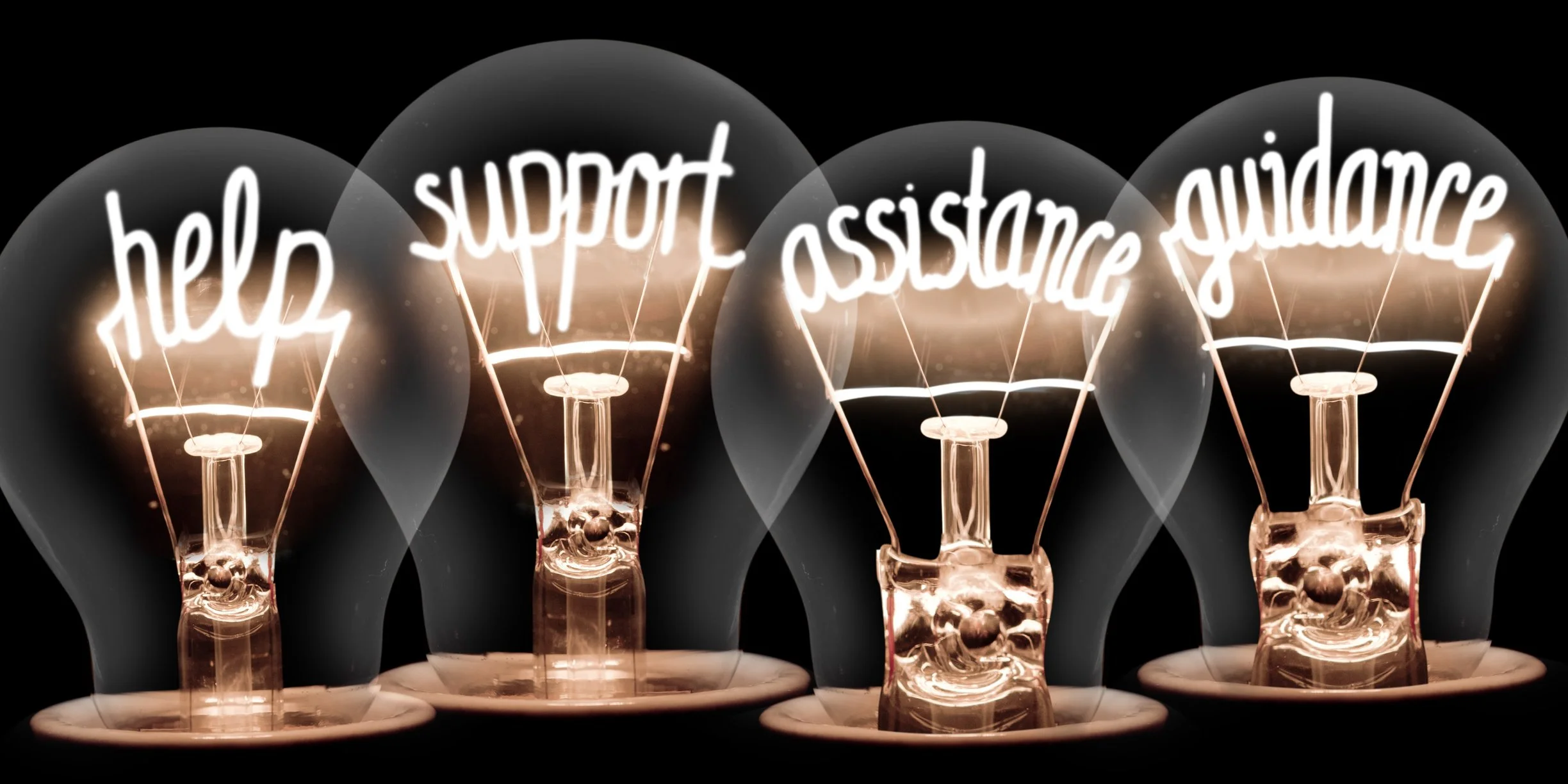But, They're The Expert
But they’re the expert…
I can’t even begin to count how many times I’ve heard parents say, But, they’re the expert, or some variation of this phrase.
Typically, this phrase is preceded by a comment that suggests a different choice, route or option could have been taken, BUT instead that decision was set aside for the expert’s recommendation. When I ask more questions, the following is frequently reported, my gut was telling me something wasn’t right and I still agreed.
My internal reaction is one that screams, YIKES, because I can empathize. It’s hard to describe in words, yet there’s a distinct picture that comes to mind.
It’s an authoritative figure standing over me. I’m sitting on the floor, knees tucked. I feel small, yet there’s this part of me that wants to yell, this doesn’t make sense to me. Fear washes over, what if I don’t listen. Then, worst case scenarios start to play out in my head. Fear prevails, pushing internal knowing out of awareness.
In the here-and-now, it’s much easier to look back with accumulated information and observed outcomes, and say I wish I would have listened to my gut.
Yet, what do we do in the moment when our gut is at odds with expert advice?
Re-alignment is in order; here are a few tips to keep in mind:
1) Expert versus Expertise
This is a play on words situation. When we refer to someone as the expert, we’re giving them considerable power and we naturally attach a high value to their title. Expertise, on the other hand, humanizes the expert as having knowledge and skills in a specific area. When we separate expert and expertise, we give space for collaboration, reciprocity and a match in power.
2) Ditch the Word but
But is a word that connects two parts of a sentence, and it has the capacity to negate and neglect the first piece of information, giving more emphasis to the second piece.
Take a moment to read the following sentences and see if you observe a difference in how these sentences resonate simply by exchanging but for and.
• My gut was telling me something wasn’t right, BUT they’re an expert.
• My gut was telling me something wasn’t right AND they’re an expert.
And constructs a balance, giving a moment to pause and reflect on your internal process, throwing but to the side, while also creating space for tips three and four.
3) Pay Attention to Your Gut
Your gut is your internal compass, a loyal companion that will always guide you. Take time to tune in and listen. Not only will your grounded center provide information, the physical sensations running throughout your body will too. Curiously ask yourself, what could these physical signals be telling me?
4) Question the Status Quo:
We’ve already established that experts have expertise, so when your body signals a gut reaction, it’s time to ask questions. Asking questions is an opportunity to collect more information and honors that part of you that wants to make an informed decision. If doubts or questions still persist, it’s okay to gather more knowledge from different resources or get a second opinion.
5) Define Your Standards
Ask yourself, what do I want in an expert? Like any relationship, it’s important to establish boundaries around what you want, need and your expectations of the expert.
Here are a few questions to start with:
• What are my values and what’s important to me in this relationship dynamic?
• How do I expect the interactions to proceed? What do I want in this relationship?
• What am I expected to receive from this interaction? How can they help me?
As you move forward with these parenting tips, I want to be clear on one thing, I’m not dismissing the importance of an expert or an individual’s expertise. I am, however, encouraging you to step into your own expertise as the parent of your teen.
As a Therapist, I love the collaboration that comes with re-defining parenting for the individual caregiver and I trust the curiosity and inner guidance of each parent. It’s the internal compass that says, yes this feels right, or nope, this feels off, what other options exist?


